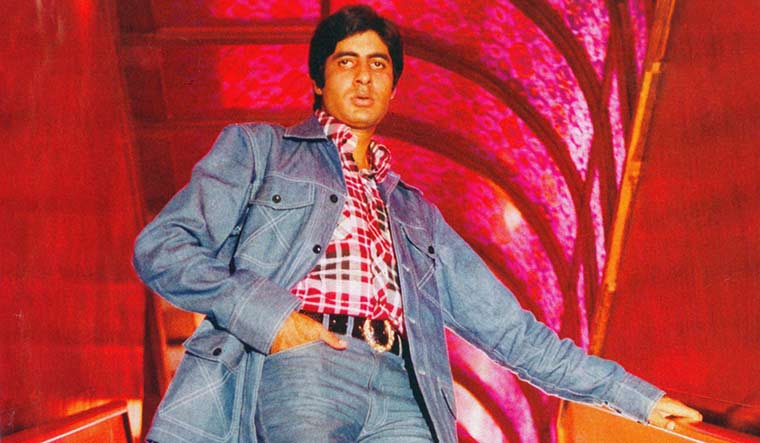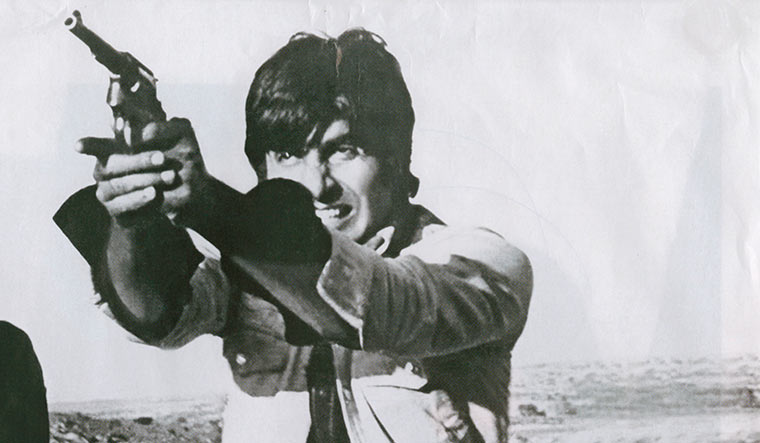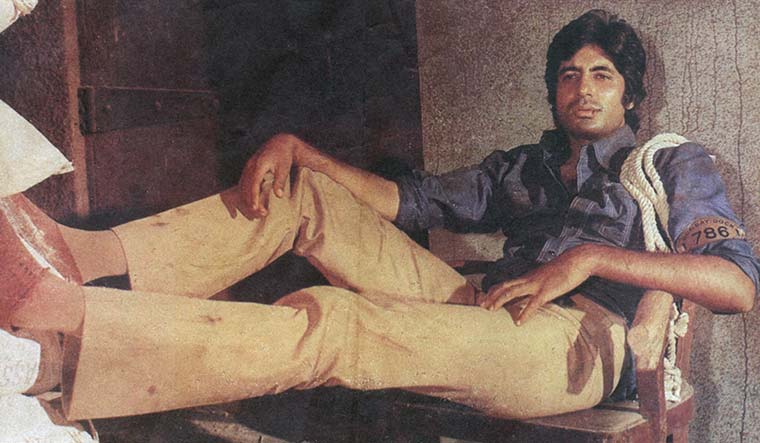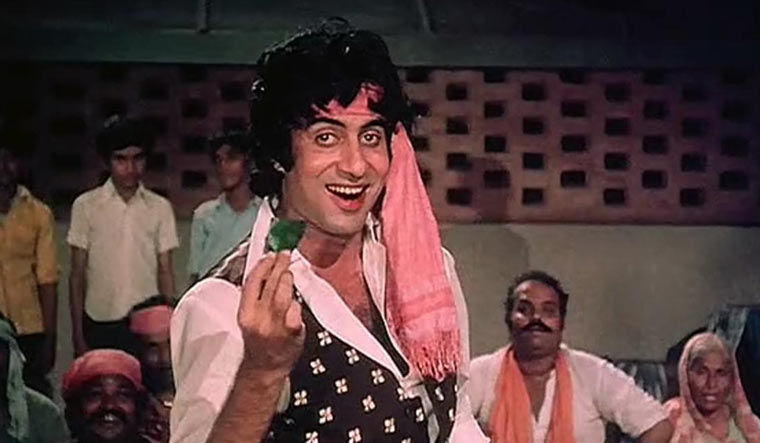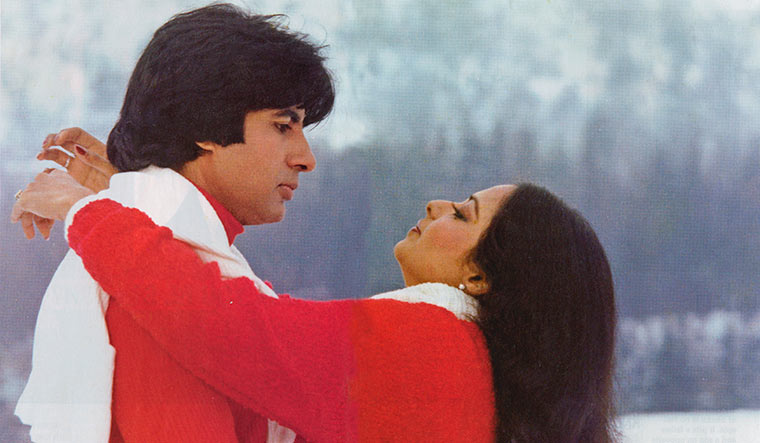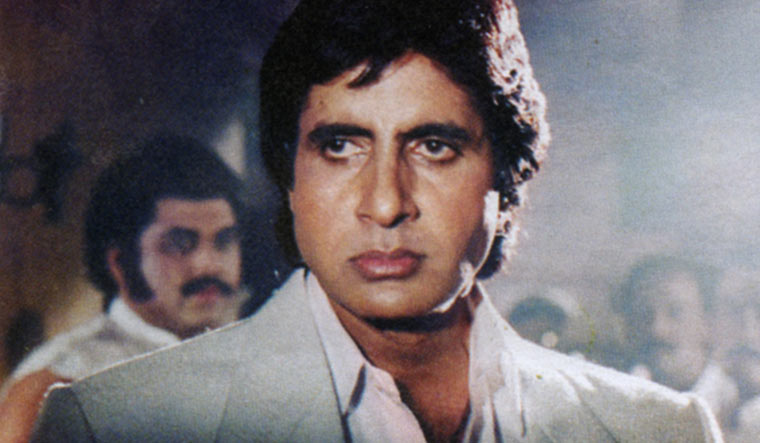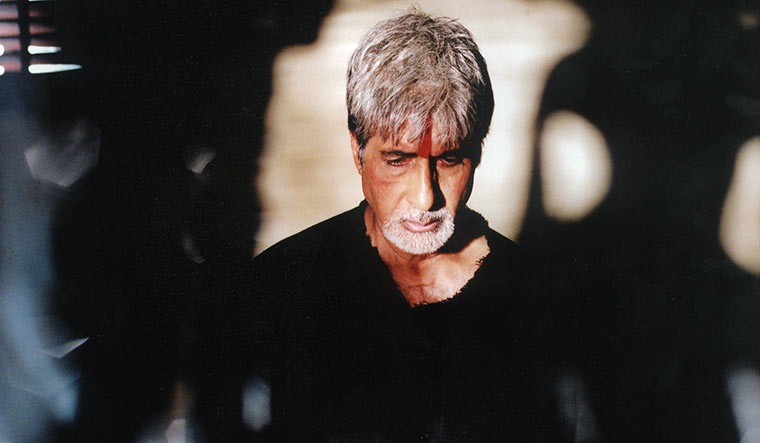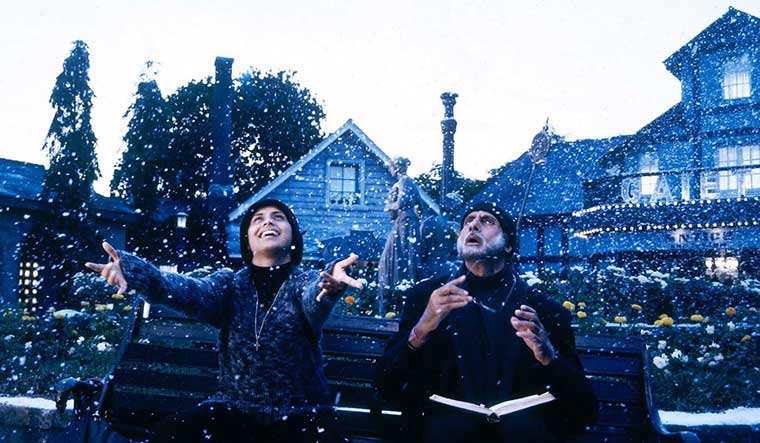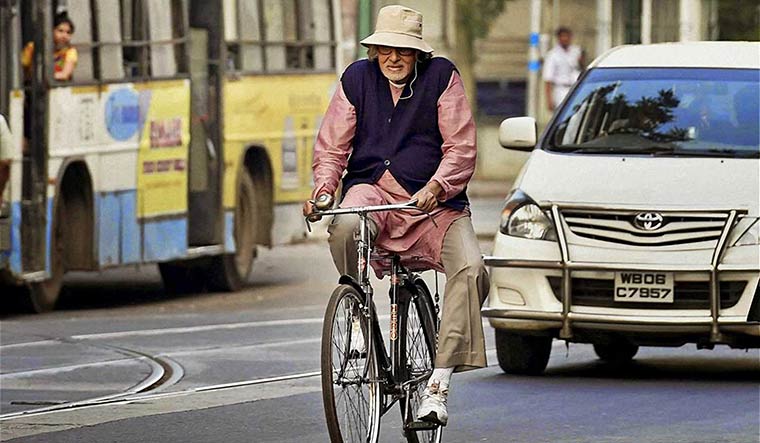I was four or five when Hum (1991) released in my hometown in Bihar. I remember watching it many times at the theatre nearby. The draw for me was a scene featuring a drunk Amitabh Bachchan. The “gandi naali ka keeda” scene would go on to become iconic. Much later, after watching many Bachchan films by renting video cassettes, I saw a similar scene in Satte Pe Satta (1982). Such was his popularity that he was repeating and spoofing himself many times over, and still came out as a winner. Maybe that is how legends are made. Maybe that is why Sooryavansham (1999) still has a large viewership though it has been playing on Set Max for years, around two times a week. Maybe that is the reason scripts are still written with Bachchan in mind. It is always difficult to pick a few films from an actor’s body of work, more so when the person’s career has spanned 50 years. Bachchan’s journey, which began with Saat Hindustani (1969), has been unique. Through the following 10 films, we try to relive his achievements.
ANAND (1971)
The film, headlined by Rajesh Khanna, was important in shaping Bachchan’s career. The role of the cynical oncologist, Bhaskar, showcased his ability to emote. The climactic scene, where he is astounded by Anand’s voice from the recorder, always makes one emotional.
ZANJEER, 1973
After a slew of flops following Anand, the film that turned things around and, indeed, sealed the deal for Bachchan was Zanjeer. It was also the ‘debut’ of the Angry Young Man. For me, Bachchan’s elusive smile during the song Yaari Hai Imaan... stands out.
SHOLAY, 1975
Besides creating friendship goals for generations to come, Sholay’s real victory was that it gave iconic moments to every actor. It helped Bachchan cement his position in Bollywood. While the Angry Young Man image was already popular, the playful moments with Dharmendra stood out.
DEEWAR, 1975
The story of two brothers—Vijay (Bachchan) and Ravi (Shashi Kapoor)—on opposite sides of the law, Deewar also reflected the tumultous sociopolitical environment of the 1970s. While Bachchan’s monologue in the temple is unforgettable, there were other standout moments, like when his character refused to pay hafta.
DON, 1978
As Don, Bachchan was a man without conscience. There were no familial ties to push him to crime, but he still did it and enjoyed it, too. Nothing is more exciting in this film than seeing Bachchan groove to Khaike Paan Banaras Waala.
ABHIMAAN, 1973 & SILSILA, 1981
These two films, and Chupke Chupke (1975), are at the top of my Bachchan re-watch list. What really works for me is that Bachchan is not the Angry Young Man in these films. There is subtlety and tangibility, both in the stories and the performances of actors. If Abhimaan shows spouses stuck with their egos, Silsila tackles the definition of love, loyalty and infidelity. Both themes are ahead of their times, and in many ways cashing in on the rumours surrounding real-life couple Amitabh and Jaya Bachchan. For me, what stands out in both films are songs—Teri Bindiya in Abhimaan and Rang Barse in Silsila. Not just because they are melodious, but because there is a lot happening in terms of taking the story forward.
AGNEEPATH, 1990
A movie that failed commercially and became a cult-classic later, thanks mainly to Bachchan’s baritone. His Vijay Dinanath Chauhan, with which the Angry Young Man returned to the screens again, is an eminent figure in Hindi cinema.
SARKAR, 2005
The gangster saga features Bachchan as the patriarch Subhash Nagre. It is one of the best performances in the second innings of his career. Modelled on Bal Thackeray, Bachchan’s Nagre, with its intensity and a distinctive zeal, sends a chill down your spine.
BLACK, 2005
This is not a film that shines only because of Bachchan. It works because of a strong script, the direction by Sanjay Leela Bhansali and stronger performances by the actors who portrayed the protagonist (Michelle), Ayesha Kapur and Rani Mukerji. Bachchan’s character becomes the support system, teacher and guide to Michelle, who struggles with vision loss and impaired hearing. That is until Alzheimer’s strikes him and he needs help himself. How well Bachchan plays the supporting part is a testament to the actor that he is.
PIKU, 2015
Bachchan plays an old man, Bhaskor, who only talks about his bowel issues. It could have been tiring for the viewer. But it is not. The subtle humour which Bachchan brings to the role keeps it light throughout. The winning moments of the film show the old guy mocking the idea of marriage, and telling his daughter’s suitors that she may not be a virgin.



